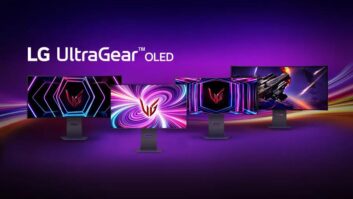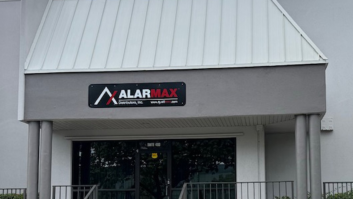While Hewlett-Packard’s PC executives have offered up a few additional details on how they will integrate the Compaq Presario brand into HP’s computer lineup, retailers reacted positively to the decision to keep the brands.
Duane Zitzner, head of HP personal systems group (PSG), which encompasses PCs, notebooks and handhelds, said the company is still in the process of deciding how to position the Pavilion and Presario brands at retail. This, despite the fact that the two companies spent the previous nine months working on integrating HP and Compaq operations.
What HP has said is the two lines will be differentiated, but Zitzner does expect any changes to be seen at retail for 90 to 180 days. Prior to the merger, each company released new PCs, which still have to work their way through their life cycle, a company spokesperson said.
Jim MacDonald, the PSG’s marketing director said the differentiation may be done by playing up the current strengths of the brands, such as HP’s focus on digital imaging, or by altering the services offered with each.
Some retailer and industry analysts speculate that HP could try to leverage Compaq’s experience and success with its configure-to-order program by using the Presario brand for these sales and the Pavilion for retail.
In the back-office operation, a single sales organization will handle the Pavilion and Presario brands, and HP will retain its policy of having a single point of contact for retailers. There will be some consolidation where the two PC brands overlap.
Several factors backed the decision to keep both brands on the market, MacDonald said. Each line has a large amount of brand equity with consumers and it is not uncommon for a single company to have competing brands in the marketplace, he said.
Retailer reaction to the HP-Compaq merger was mixed, with most applauding the decision to retain both the Presario and Pavilion brands, but ruing the idea of the merger in the first place.
“It’s going to be considerably more difficult dealing with one vendor. It gives you less leverage in dealing with price. HP and Compaq combined on the sales floor is close to 75 to 80 percent of the business. For my business it’s about 90 percent. It’s too early to tell but it can’t be good,” said Mike Albright, buyer for ABC Warehouse, Pontiac, Mich.
“I’m happy that they are not trying to make big changes right away, but I’m not happy that I’m now dealing with one 800 pound gorilla,” said another regional merchant. “We have no leverage anymore. Whether one Pocket PC vendor goes away or not is not the biggest deal. You can still use Palm or Sony or Handspring. But there’s no really strong retail vendors left in computers. Sony can’t deliver and eMachines, who knows what they will do. So you are down to one main vendor.”
In the handheld market, with many vendors, the issue is much less volatile, said retailers. Several said HP’s decision to market Jornada products under the iPaq brand made sense because iPaq has the strongest share at 10 percent, compared to the Jornada’s 4 percent share in handhelds.
Specifically, Hewlett-Packard said it will continue to sell the Jornada 700 series and the entire Compaq iPaq line, but all of these products will gradually be rebranded as the HP iPaq line. HP will also continue to sell the Jornada 560 line until the end of its originally planned life cycle at some point in the second half. HP decided not to ship the previously announced 570 series using the new Intel XScale processor. “We decided to cancel it to facilitate the transition to the new HP iPaq line and also there were some component delays,” said Cindy Box, HP marketing director for smart handhelds.
“There’s really no change in distributors in the short term,” she added. “Any dealer who carries the Jornada will be able to carry the iPaq.” She noted that there are some continued shortages on the iPaq. “Coming into this year we’ve had some component shortages for iPaq, but I wouldn’t say we’re in a huge back-order situation,” Box explained.
Hewlett-Packard said it planned to continue to offer a wide range of Pocket PC handhelds in the future. “We have a range of enhancements planned for the [former Compaq iPaq line] and we’ll continue the 700 series because that satisfies a unique set of customers,” Box added.
The merger had little effect on HP’s inkjet printer business. HP will simply replace the Lexmark manufactured inkjet printers that Compaq had rebranded and used with HP-made machines.













